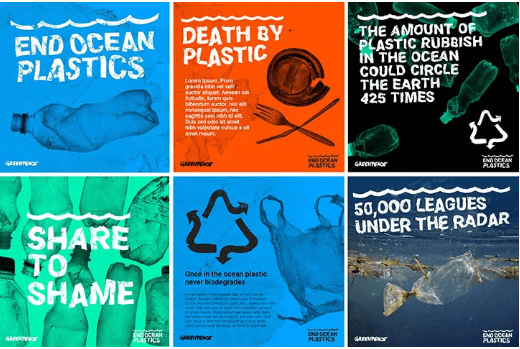Share this
How many years does it take for the plastic to decompose
It has happened to all of us in a summer swim to find a fishing line tangled in the rocks. What we do not know is that the fishing line will be there – or in the ecosystem in general – for another… 600 years , until it disintegrates. Similarly, a bottle takes 500 years to dissolve, a lighter 100, a plastic bag 55, a cigarette butt up to 5 years.
Interesting facts are brought to light by Greenpeace , as part of a campaign to reduce plastics that end up in our seas. The organization is collecting signatures so that the Deputy Minister of Environment can take a dynamic stance in the forthcoming formulation of the European action plan for the circular economy. And at the same time it informs the citizens about the consequences on the ecosystem and on our health from the dumping of plastics in the sea.

“Disposable plastic objects, although used for a few minutes, remain in the environment for decades, even hundreds or even thousands of years. The way we utilize this precious resource is a huge blow to both our economy and our natural environment. “A radical revision of our consumer habits is needed, but also of the political decisions needed to create an economy where the value of products and materials will be maintained within the economy for as long as possible,” he told the daily Kathimerini. Alkis Kafetzis, head of the campaign for the marine environment at the Greek office of Greenpeace.
According to the organization, 1,455 tons of plastic float in the Mediterranean , while plastic debris has been found along all the lengths and breadths of the seabed, from the sea surface to its greatest depths. and along its entire coastline. In Greece, from 180,000 to 300,000 tons of plastic packaging produced annually (total annual demand for plastic is estimated at close to 500,000 tons), only a small percentage of this quantity is recycled inadequacy of the waste management system and the absence of an institutional framework that discourages the production and demand for disposable plastic.
